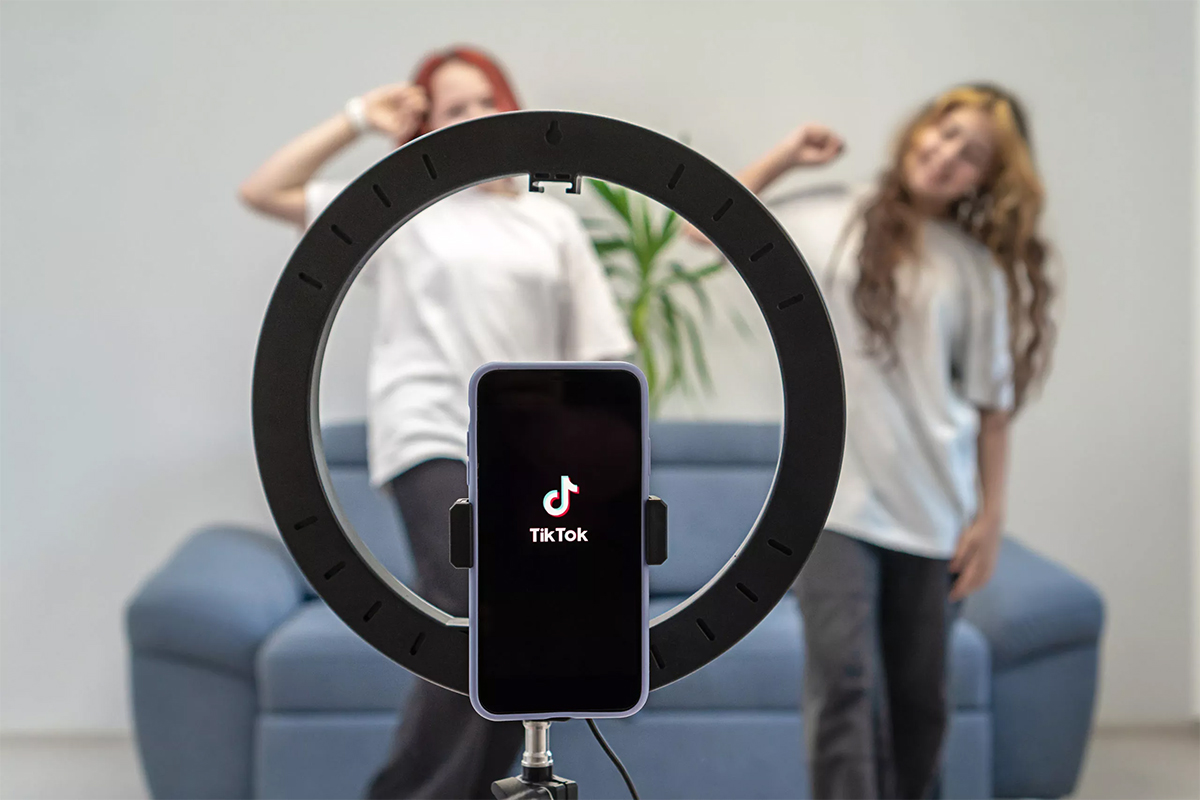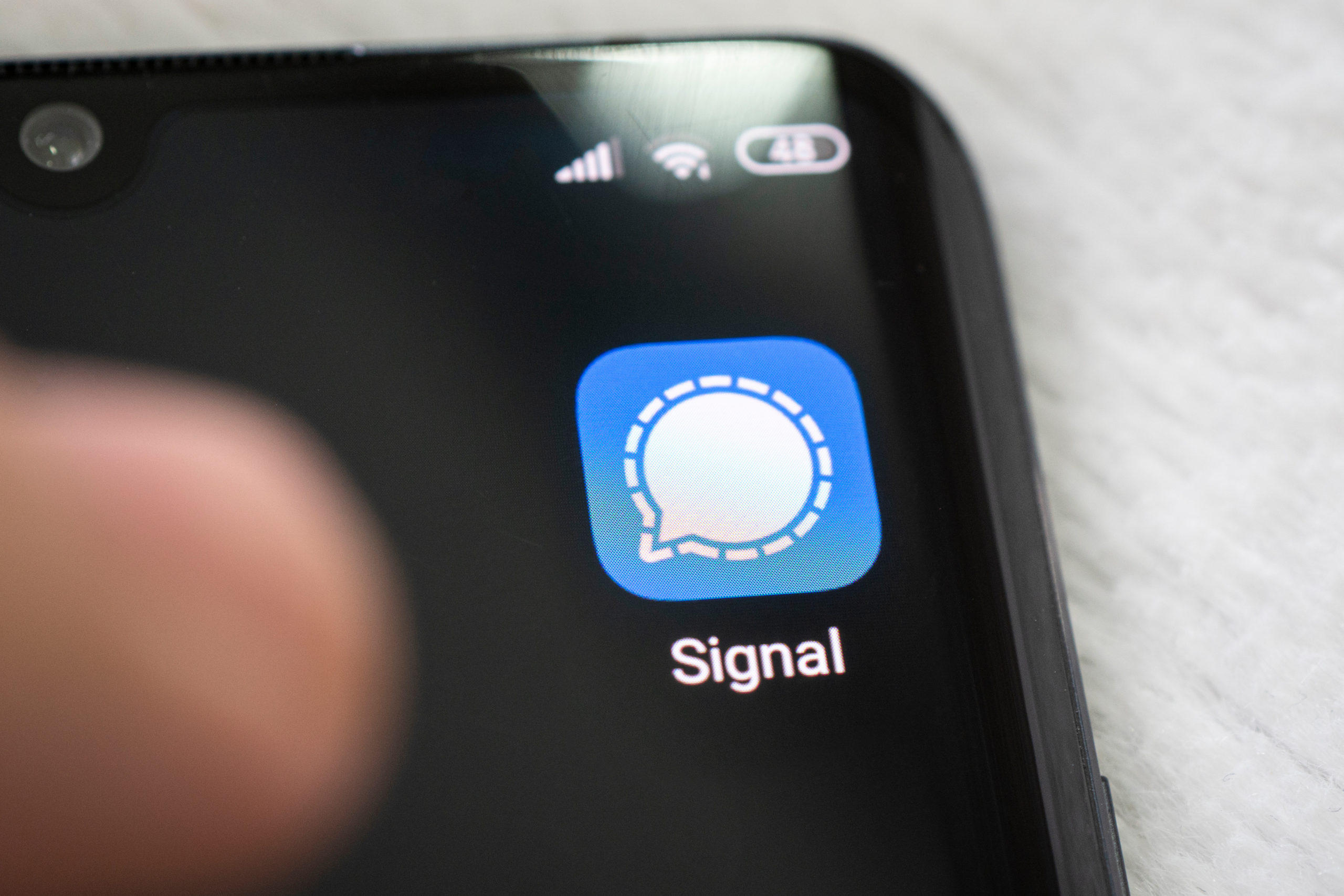Massive TikTok User Data Leak Claimed on Hacking Forum
A Massive TikTok User Data Leak has surfaced on a well-known hacking forum, where a threat actor is allegedly selling a database containing 428 million TikTok user records. The seller posted sample data showing usernames, email addresses, phone numbers, and profile information. The dataset is reportedly priced in the thousands of dollars.
At this stage, TikTok has not confirmed a breach, and the legitimacy of the database remains unverified. However, cybersecurity professionals are actively investigating the claim.
Data Breach or Large-Scale Scraping?
Some experts believe the data may have been scraped from public profiles. However, the inclusion of email addresses and phone numbers suggests that the attacker may have accessed non-public information. If verified, the scale of this exposure would position it as one of the largest incidents involving TikTok user data.
This Massive TikTok User Data Leak highlights how attackers can gain access to sensitive information—even if only part of it comes from public-facing sources.
The Real Risk: Metadata Exposure
Regardless of whether the dataset came from scraping or a deeper breach, the core issue is clear: platforms continue to underestimate the value of metadata. Correlating emails and phone numbers can enable attackers to launch targeted phishing and social engineering campaigns.
Metadata, when combined and sold in bulk, becomes highly weaponisable. It’s not just usernames—it’s the digital breadcrumbs that enable identity theft, fraud, and account hijacking.
ZENDATA’s Analysis of the TikTok User Data Leak
ZENDATA analysts see this event as a symptom of a broader problem in platform security. Many organisations still treat metadata as low-risk. This mindset creates opportunities for attackers to build detailed user profiles with relatively little effort.
Whether this incident was the result of scraping or a breach, the fact that hundreds of millions of user records are for sale sends a clear message. Protecting metadata must become a core part of any data protection strategy.
How to Prevent Metadata-Based Attacks
ZENDATA recommends five proactive measures to reduce metadata exposure and minimise risk:
Limit Public Metadata Display
Platforms should minimise what user information is publicly accessible. Email addresses and phone numbers should never be visible by default.
Enforce Strong API Rate Limiting
Prevent bulk data harvesting through stricter API controls, abuse detection, and bot management.
Encrypt All User Metadata
Encrypting metadata, not just passwords, helps reduce the value of stolen data.
Detect Behavioural Anomalies
Use machine learning to identify abnormal patterns such as mass scraping or unauthorised API calls.
Educate Users About Metadata Threats
Users need to understand how their exposed email or phone number could be used against them in phishing attempts or impersonation scams.
Final Thoughts from ZENDATA on the Massive TikTok User Data Leak
The Massive TikTok User Data Leak is a warning shot. Whether scraped or breached, this incident demonstrates how easily user trust can be exploited when metadata isn’t protected.
User records, especially contact data, should never be treated as disposable. Platforms must elevate metadata security to the same level as password protection, encryption, and network security.
At ZENDATA, we work with global clients to secure user data, close metadata loopholes, and prevent reputation-damaging incidents before they happen.





